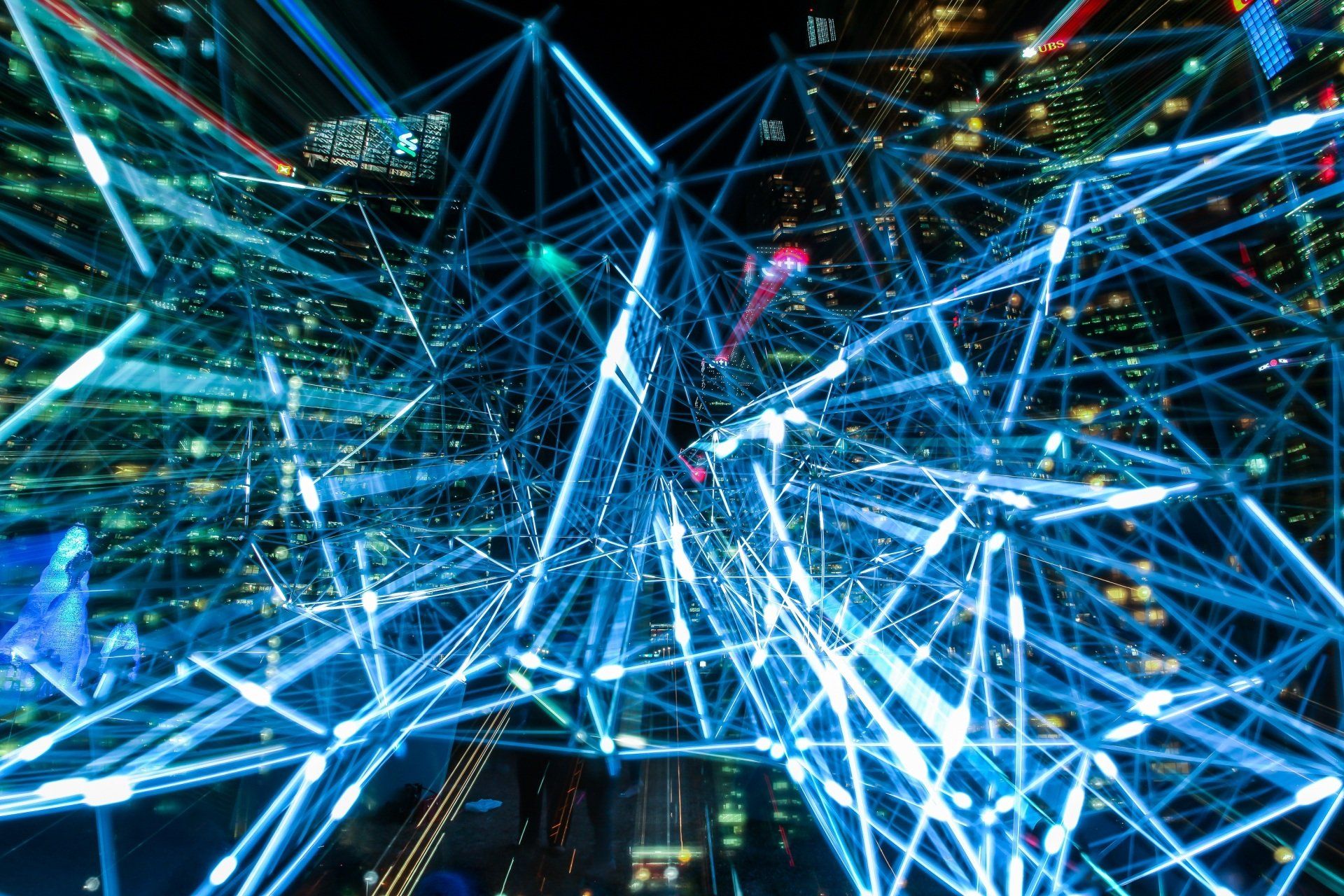
The impact of AI on the future job market.

AI is expected to have a significant impact on jobs going forward. While the precise effects are subject to debate and can vary across industries, here are some general ways in which AI may impact jobs:
Automation: AI technologies can automate repetitive, mundane tasks, leading to increased efficiency and productivity. Jobs involving routine manual or cognitive tasks are more likely to be automated. This could lead to job displacement in certain sectors, such as manufacturing, transportation, and customer service.
Augmentation: AI can also augment human capabilities by assisting in decision-making, data analysis, and problem-solving. Rather than replacing jobs entirely, AI may work alongside humans to enhance productivity and performance. Jobs that require complex problem-solving, creativity, and emotional intelligence are less likely to be fully automated and may instead see increased demand.
New job creation: While AI may eliminate certain jobs, it also has the potential to create new job opportunities. As AI technologies advance, new roles will emerge that involve developing, implementing, and maintaining AI systems. These include AI engineers, data scientists, AI trainers, and ethical AI specialists. Additionally, AI can create new industries and services that were previously unimaginable.
Skill shifts: AI adoption may require workers to acquire new skills or adapt existing ones. There will likely be an increased demand for individuals with expertise in AI, machine learning, data analysis, and programming. Furthermore, skills such as critical thinking, creativity, adaptability, and emotional intelligence will become increasingly valuable as they are less easily automated.
Job transformation: AI technologies can transform existing job roles by automating certain tasks within those roles. This may free up time for workers to focus on higher-value tasks that require human judgment, creativity, and interpersonal skills. For example, AI can assist doctors in diagnosing diseases, allowing them to concentrate on treatment plans and patient care.
It's important to note that while AI may lead to job displacement and changes, it can also create opportunities for innovation, economic growth, and improved quality of life. Adapting to these changes will require a focus on lifelong learning, upskilling, and fostering a workforce that can thrive in a highly automated and AI-driven world.
The Justice Law Firm, LLC provides services to all of Alabama
Phone:
SMS Text:
Fax:
Email:
Ramon.Martin@LegalJusticeMatters.com
Address:
505 20th Street North
Suite 1220 1157
Birmingham, AL 35203
Request a Free Consultation
We will get back to you as soon as possible.
Please try again later.
The Justice Law Firm, LLC

